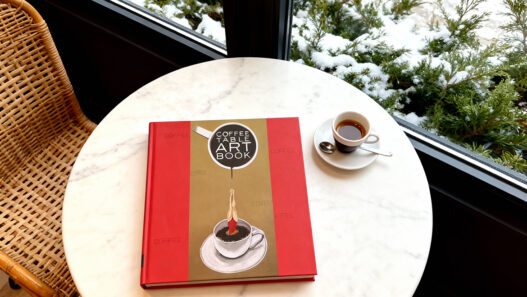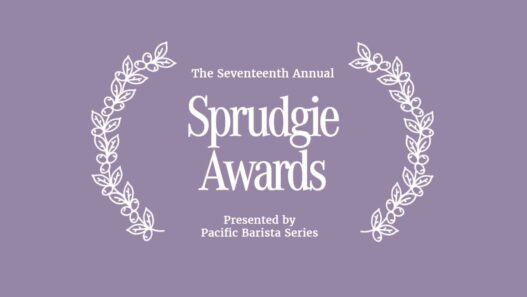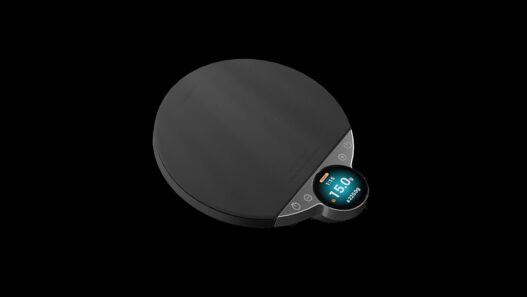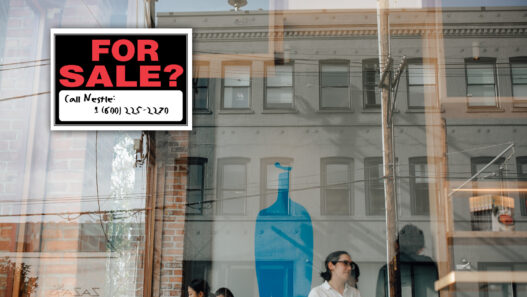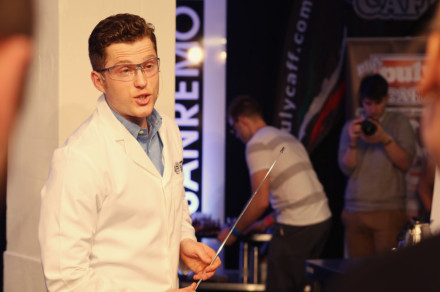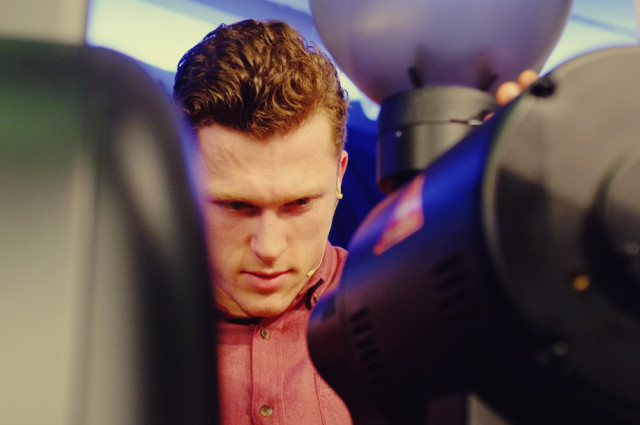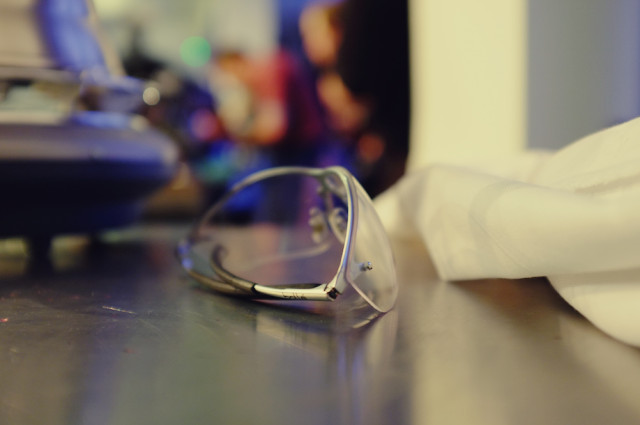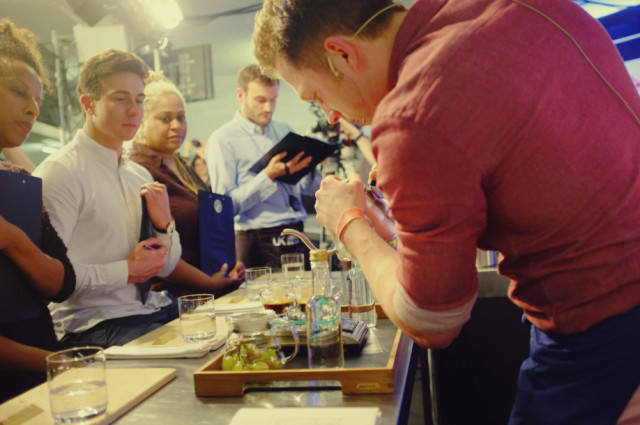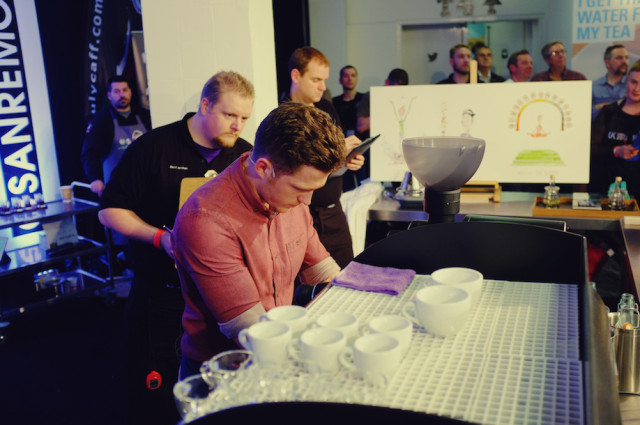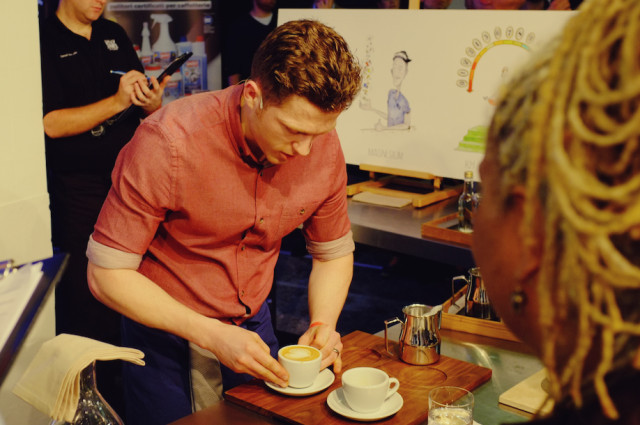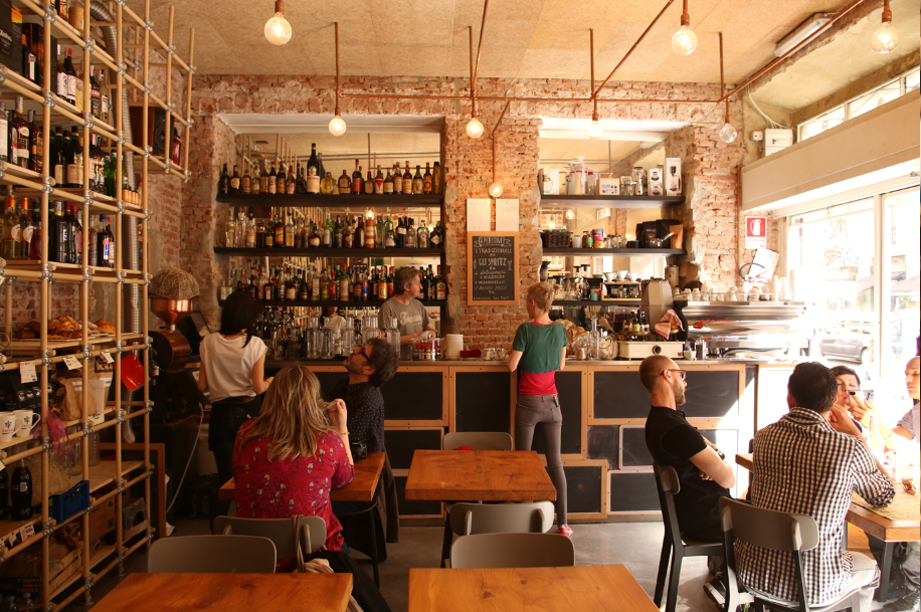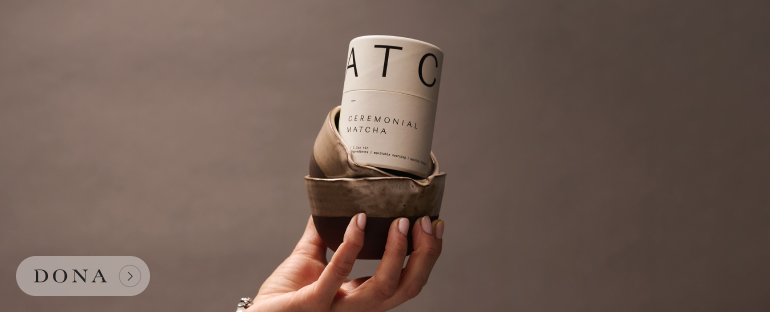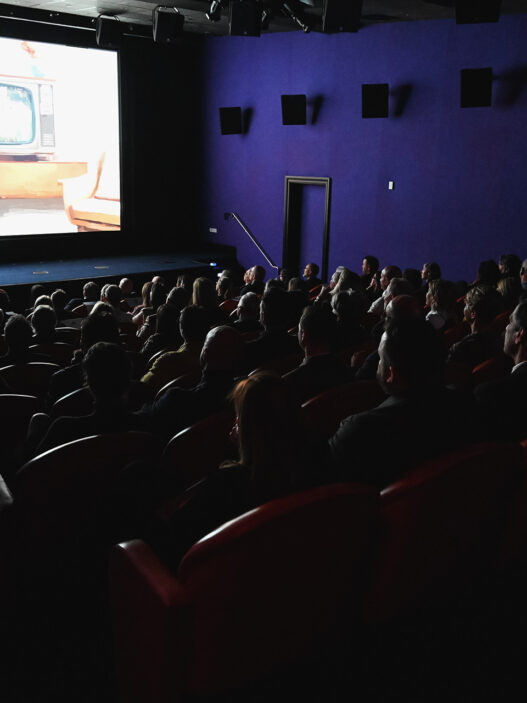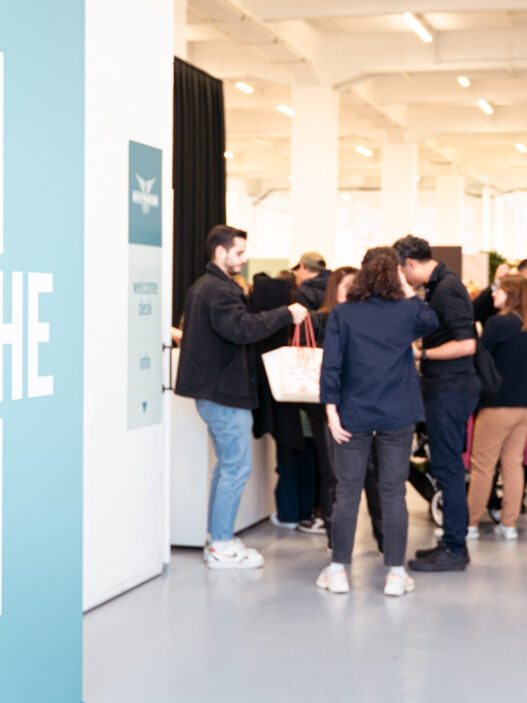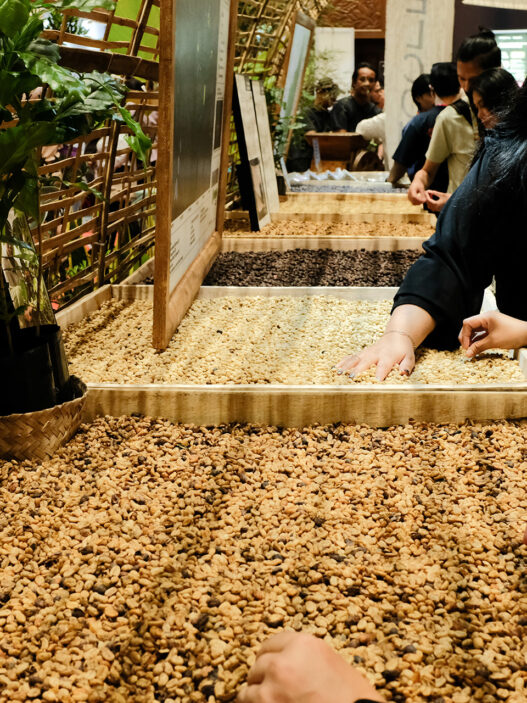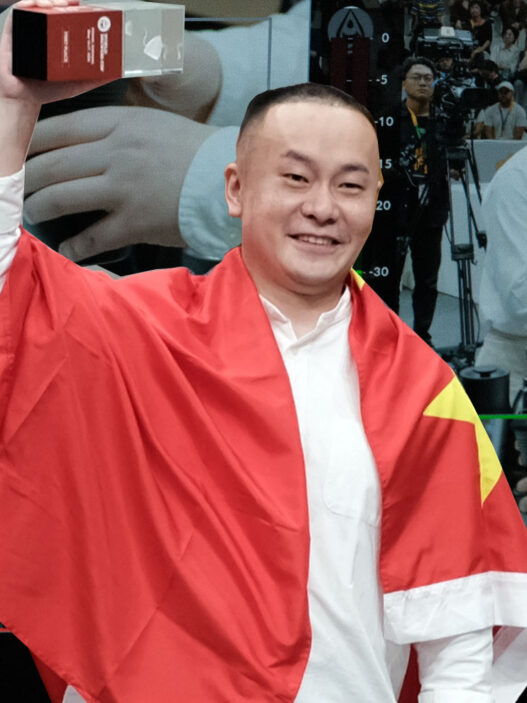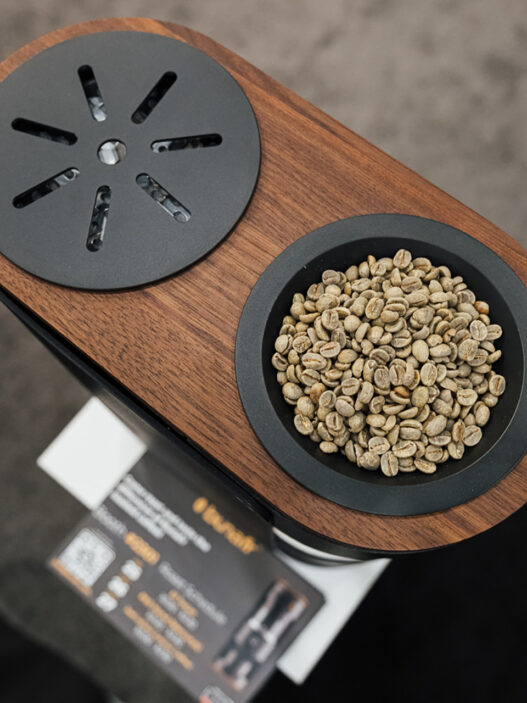On Sunday, April 6th it was our distinct pleasure to cover the 2014 United Kingdom Barista Championship finals live from London, in official media partnership with the SCAE UK chapter, and with our coverage supported by Cafe Imports, BUNN, and Nuova Simonelli. It is not an accident that the UK produces World Barista Championship finalists and winners on a consistent basis, and were there firsthand to witness that global success starts at home, in the UK, at events like this one.
At the end of Finals Sunday a new champion was crowned: Maxwell Colonna-Dashwood, co-owner of Colonna and Smalls, a quality focused speciality coffee roaster and cafe in Bath, England. This was Mr. Colonna-Dashwood’s second UK Barista Championship victory, following a national championship run back in 2012 that took him all the way to Finals Sunday at the World Barista Championship, where he placed 6th in the world.
Mr. Colonna-Dashwood competed at UKBC using two different coffees: Colombia Finca El Mirador, from the Huila department of Southwest Colombia, sourced by Cafe Imports from producer Elkin Guzman; and a washed Ethiopian coffee from the Guji region, roasted by Has Bean and marked as Kebel Kircha.
There are a great many styles of barista competition routines, from competitors who focus on farm conditions and their relationships with coffee growers, to wild and flavor-focused conceptual signature drinks, to routines that bring the cafe experience and service to the fore. Mr. Colonna-Dashwood’s UKBC winning routine took a bigger gambit, by taking on the role of educator and scientist for 15 minutes and delivering a significant amount of information on an oft-overlooked ingredient in coffee: water.
Mr. Dashwood is preparing an upcoming book on water science and coffee in collaboration with Christopher H Hendon, a computational chemist at the University of Bath. His routine was built on that base of knowledge. “Water doesn’t just effect a barista,” Colonna-Daswhood told his judges (and the crowd). “It affects everyone who’s ever had a coffee.” Donning a white lab coat and safety glasses for extra effect, Colonna-Dashwood spent an intentionally large amount of his 15 minutes away from the espresso machine, delivering a lecture (in brief) on water science basics like the role of calcium & magnesium, the principles of binding energy, buffers, acids and alkalines, and much more. It was the rare educational moment at a barista competition that manages to be both informative and crowd pleasing. This was not a simulation of a college lecture; it was a simulation of a very good, fun, funny college lecture, and I assure you, there’s a difference.
Wise is the man or woman who, in preparation for a barista competition, makes careful choices about how their coffee pairs with milk. A meaningful portion of one’s overall score is based on milk drinks, and sometimes the most interesting, wild, fantastically playful espresso selections taste like a sour milk dud in milk fats. No accident, then, to see Maxwell shift from El Mirador to a classic naturally processed Ethiopia Guji espresso for cappuccinos, resulting in drinks he compared to “Neapolitan ice cream.” Then it was back to El Mirador again for his signature drinks, presented with two distinct grape variety infusions and two kinds of treated waters. Throughout his routine he ground pre-dosed espresso shots on a Mahlkonig EK43 grinder, each shot sifted for fines.
I think it’s likely this routine will be remembered for the costume change, the props, and some of Mr. Colonna-Dashwood’s especially pointed moments of script — calling the Midnight Beauty black grapes in his signature drink “a rather saucy variety”, assuring the judges that “my interest in the science of water stems from my deep love of coffee” — but this perhaps misses the bigger meaning altogether. Competition fans should never forget that this whole enterprise is inherently meant to be difficult. The volume of drinks prepared, the demands on creativity to outdo your competition in the signature drink phase, the very high bar for scripting and presentation set by top competitors of years past. It’s not meant to be easy.
But stepping away from the drink station altogether, delivering an appropriately attired lecture on one very particular part of the coffee making process, and pulling precious seconds, minutes even, of time from the nuts and bolts of this demanding format? That starts becoming gamesmanship at some point, and hints at the performance art these barista competitions inexorably march towards as they get better and better, more and more competitive. It makes routines like this one so very watchable, engaging to a lay audience and simply, for lack of a better word, fun. This was big stuff from Maxwell Colonna-Dashwood, and he’ll have all eyes on him now at the World Barista Championship this June in Rimini, Italy.
Additional reporting by Nico Halliday, a Sprudge contributor based in London.
Original photography by Zachary Carlsen for Sprudge.com.




